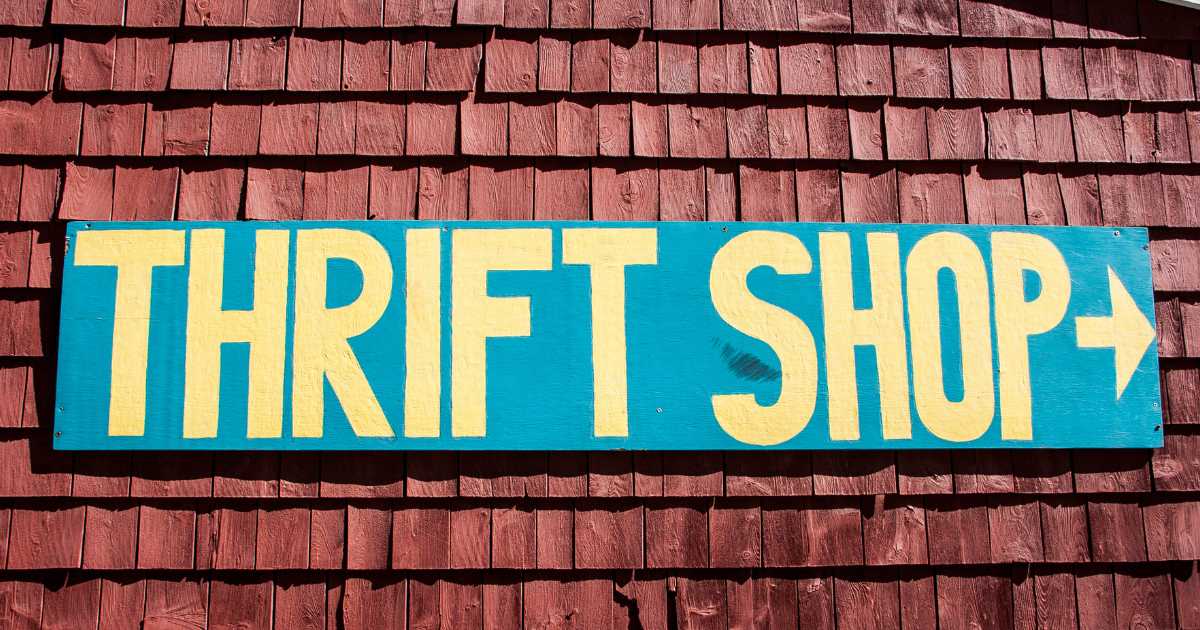
A common question among entrepreneurs working for themselves is how much they should be paying themselves. While many factors go into answering this question, including how much your business can afford – entrepreneurs can themselves take a look at their finances to determine how much money they require to maintain their standard of living each month.
Determining how much to pay yourself as an entrepreneur is one of the most important decisions that can help you control both your business and personal finances better, says Precious Mvulane, GAD Consulting Services’ managing director and author of ‘The Essential Finance Handbook’, a guide that helps business owners to boost their businesses’ financial performance.
A mistake that many new business owners make is failing to keep a record of their spending. “In most cases, if this is happening it means the business owner is also mixing personal and business finances.”
Signs That You Are Mixing Your Personal and Business Finances
- You do not have a financial plan for your business.
- You have cash withdrawals that you cannot explain to your accountant.
- No separation between your personal and business expenses.
- Lack of clarity on where you spend your money – it just comes and goes.
- Feeling overwhelmed or anxious by money problems even when you have enough money.
The next step is to determine how much you are spending, says Mvulane
How to Track your Spending
Start by tracking your spending habits daily for at least 30 days.
1. Determine if you are a cash user, if you prefer to use a credit card, or do you use both.
2. Record your spending, organise or complete your filing and keep track of accurate and complete receipts for 30 days.
After the 30-day challenge, you will have a clearer picture of where you are spending your money.
To get on the right path, Mvulane recommends entrepreneurs set a personal budget.
Where to Start
Most entrepreneurs start businesses thinking they will start generating an income within the first three months, however, in most cases, it takes much longer [to earn what you want]. Knowing what your budget is will help you determine the amount you should request from your business as a salary.
Questions to Determine What Should Be Included In Your Budget
- What are my needs and what are wants?
- Which items (in my budget) are needs? (These could include fixed expenses like rent, utilities, phone and variable expenses like fuel, food and miscellaneous purchases.)
- How much do I spend on each item daily, weekly, monthly, quarterly and annually?
What to Consider in Your Budget
- Shelter (rent, bond repayment, security, water and electricity, rates and taxes, and repairs)
- Taxes
- Transport (car repayments, maintenance, petrol, licence, insurance)
- Medical aid and healthcare
- Insurances, such as short-term and life insurance
- School fees and/or tuition, including books
- Household expenses, including nanny and gardener
- Food and clothes
- Entertainment and hobby-related costs
- Communication, such as a cellphone, a telephone, Internet, and data
- Holidays and other miscellaneous expenses.
Thanks to these tips, you no longer need to wonder how to pay yourself when you are a business owner. Remember to indicate on your records that you are paying the amount as a salary to yourself and register yourself to receive a tax number. It is also beneficial to print (PDF works too) payslips which you can refer back to in the future.





